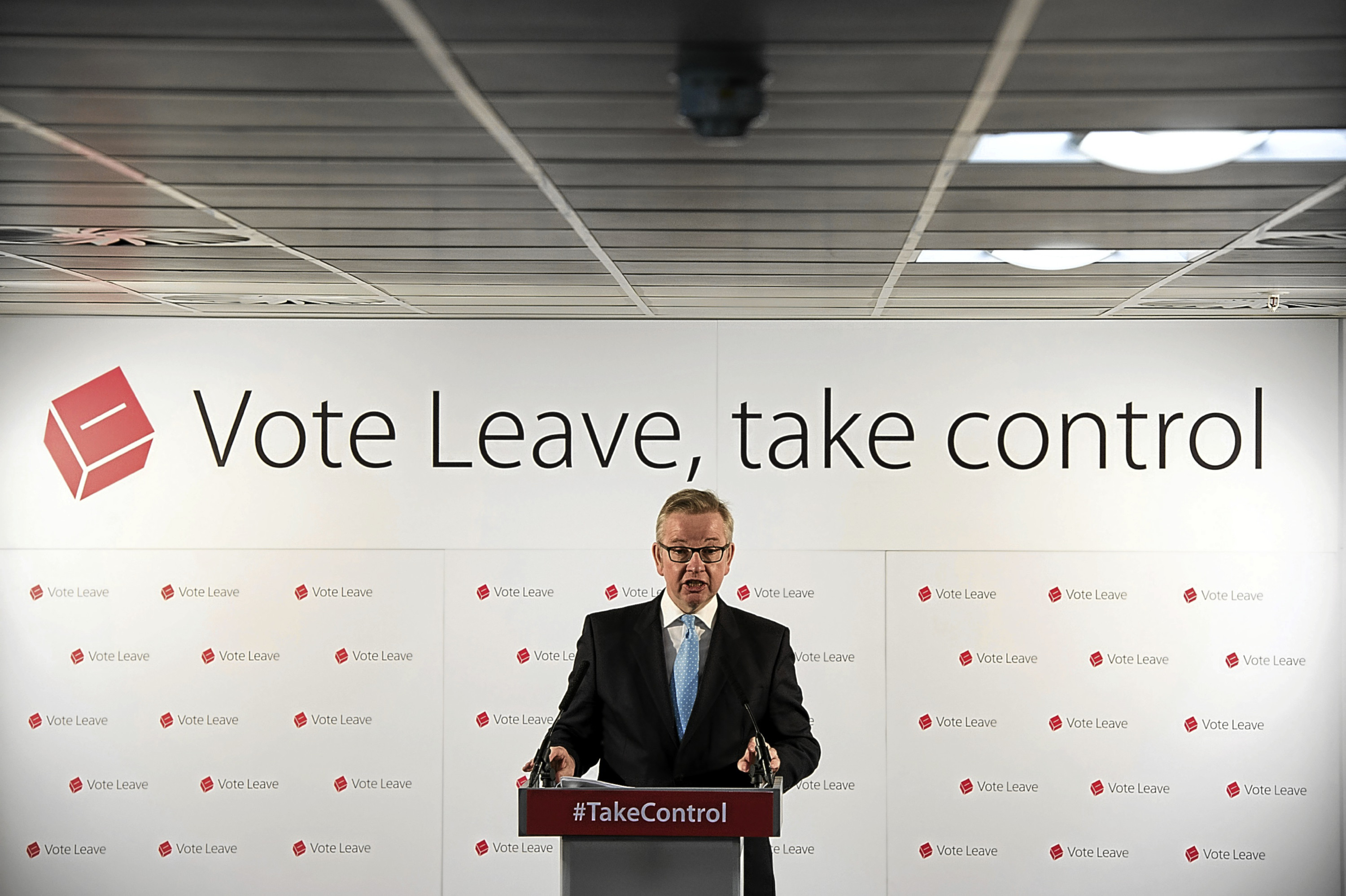Collins Dictionary’s definition of a snob is this: “Noun. A person who strives to associate with those of a higher social status and who behaves condescendingly to others. Compare inverted snob.”
To follow said advice, you have to flick back 674 pages and read: “A person who scorns the conventions or attitudes of his own class or social group by attempting to identify with people of a supposedly lower class.”
Neither description seems like particularly appealing character traits to me, so why has politicians personifying the latter term become a mainstream debating tactic?
It was brutally highlighted in a recent Sky News event about the upcoming EU referendum as Conservative MP Michael Gove put forward his case for Leave. It was Matt Chorley from The Times newspaper who perhaps summed it up best.
He wrote: “Mr Gove boasted of being on the side of the people, not arrogant, gilded elites – an interesting pitch from an Oxford-educated lord chancellor, privy councillor and justice secretary.”
If the irony klaxon was not sounding for that discordant clash of rhetoric and reality, then perhaps this social media snippet by Alexander Boris de Pfeffel Johnson might do it.
“Of course our City fat cats love the EU – it’s why they earn so much.”
Us and them rhetoric from a member of the Bullingdon Club who, during his time writing for The Telegraph, is reported to have preferred the company of bankers to fellow journalists is enough to make the mind boggle.
This is not a beast of Vote Leave’s creation, though. It has been going since almost the dawn of time, particularly within sections of the Labour Party, and was dragged whingeing and whining into the mainstream the last time there was a constitutional referendum.
As Courier columnist Alex Bell, who served as Alex Salmond’s head of policy for three and a half years, wrote last week: “Search the literature of the SNP from 2012-2014 and you’ll find word ‘elite’ crops up a lot. Salmond omitted criticism of Tory Toffs from a speech in 2011, but it became acceptable from 2012 onwards.”
Perhaps the most obvious example came during the independence referendum, where the former First Minister said of David Cameron: “Like most posh boys, given half a chance, he’ll run away from a fight.”
Why are these base level tactics now proving so popular? Probably because it’s easy, dog whistle, base level politics.
People are unhappy with how countries are run just now. This is reflected across the world with radical candidates replacing those who had previously thought power was their God given right.
None of this is necessarily bad. Shake ups can be essential. Revolutions can be refreshing.
What is depressing is a willingness to blame problems on an “other”. It is most obvious through the kind of disgusting racism spouted by some about immigrants, as if they are the cause of the country’s ills.
But it also extends to an unhealthy obsession with where someone went to school or what job they do. It should be a person’s actions, not their background, which defines them.
To pretend otherwise shows a lack of ability to communicate. Perhaps the politicians who resort to such language should reflect on why their own messages don’t cut through.










